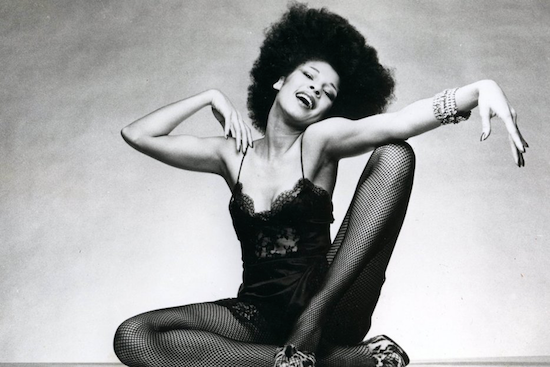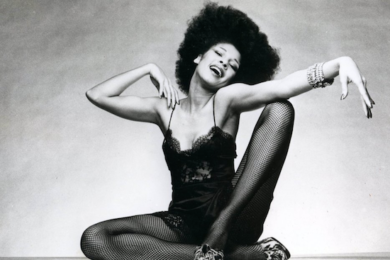US funk and soul singer Betty Davis has died, aged 77.
Her death was confirmed today (February 9) by Danielle Maggio, a close friend of Davis’ whose research as an ethnomusicologist focused on the artist’s work. A cause of death was not immediately available.
Born Betty Mabry in 1945, she grew up in Durham, North Carolina, later moving with her family to Pittsburgh, Pennsylvania at the age of 12. It was on her grandmother’s farm in North Carolina that Davis said she was first exposed to the blues music of artists like Jimmy Reed and B.B. King.
Aged 17, she joined her aunt in New York City after enrolling at the Fashion Institute of Technology. Over the course of the ’60s, she frequented uptown club the Cellar, meeting musicians such as Jimi Hendrix and Sly Stone, and becoming an influential figure within New York’s music and party scene. Her first single, released in 1964, took its name from the club.
Davis also started a relationship with Hugh Masekela while living in New York during the ’60s, recording a number of songs with him for Columbia Records. Two of them were released as a single, Live, Love, Learn / It’s My Life, in 1968. After breaking up with Masekela in 1968, she became involved with Miles Davis and started recording music with him.
Miles attempted to use the demos they recorded together to secure an album deal for Betty, but neither Columbia nor Atlantic were interested, and they only saw the light of day in 2016 when Light In The Attic released The Columbia Years, 1968-1969. Betty and Miles married in 1968, but ended their partnership just a year later.
After the breakup of their marriage, Betty moved to London to pursue a career as a model in the early 1970s. Returning to the US after a year, having written a number of songs in the UK, she began recording music with a group of West Coast funk musicians that included Sly And The Family Stone producer Greg Errico, as well as artists like Larry Graham and Merl Saunders.
Davis released her self-titled debut album for Woodstock promoter Michael Lang’s Just Sunshine Records in 1973, with two more studio albums in They Say I’m Different (1974) and the Island Records-released Nasty Gal (1975) following in the years after.
None of those albums were significant commercial successes, but Davis retained a cult following, owing to her openly sexual lyrics and performance style which saw her banned from performing on mainstream television in the US. She retired from performing and making music in the late 1970s, and returned to Pittsburgh where she lived quietly since.
Light In The Attic brought renewed attention to Davis’ work in more recent years with the reissue of her three studio albums, as well as the first-time release of her fourth studio album from 1976 (Is It Love Or Desire?), between 2007 and 2009. The Columbia Years, 1968-1969 followed in 2016.
In a statement, Light In The Attic’s Matt Sullivan said: "Our hearts are incredibly heavy today. Betty has been the guiding light in everything we do at Light In The Attic. Her unbending DIY ethic and groundbreaking spirit will live on forever. We are going to miss her so much."



